Throughout Hearthstone’s five-year history, the digital card game has had tournaments with DreamHack, World Electronic Sports Games, Starseries, and more. But in March, Blizzard decided it needed to regulate the scene and wanted a more consistent viewer base for the game as opposed to just tournaments.
Enter Grandmasters.
Grandmasters is Blizzard’s attempt at making Hearthstone similar to the Overwatch League or any other traditional sport with a season filled with games. Each week, players had a few games, totaling two matches against each opponent for a 14-game season. The company believed that this would help boost interest in Hearthstone and create a potentially larger viewer base. This flopped tremendously, though. But why?
The format of the tournament isn’t conducive to a longer viewing experience. Essentially, if someone wants to watch their favorite player, they have to slog through the rest of the games before then, which they most likely won’t actually watch. This would normally be fine, but with decks like Bomb Warrior being extremely prevalent, each game can last up to an hour and a half, possibly more with breaks. At that point, even hardened Hearthstone fans have difficulty watching the most boring matchups in the game.
Players hate the waiting, too. A common rule for competitors in leagues is that they aren’t allowed to stream when the league is live. But when players are waiting to play and want to grind on the ladder for some last-second practice, and they want to stream that, they can’t. Additionally, even if the player’s group isn’t playing, if their region has games going on, they still aren’t allowed to stream until it’s over.
With games like Bomb Warrior mirror matches making the streams last longer by hours, this cuts into stream time and irritates even the calmest players. This has ultimately turned some players, like David “Dog” Caero, to consider making big decisions. He said that he’s attempting to quit the league altogether because he wants to be able to stream more and doesn’t enjoy waiting around for the games to be over.
Another reason why Grandmasters has failed so far is the new official format, Specialist. It’s considerably less creative than its predecessor, Conquest. Specialist only allows for one deck to be brought as opposed to four, and the other two versions of the same deck can have just five different cards each. Most fans want to see variety, but Specialist doesn’t allow for that and it kills the experience for many viewers. It also stifles the bit of fun left in competitive play by forcing players to mindlessly grind a single deck instead of giving them the opportunity to experiment with a lineup and enjoy brainstorming sessions with other players. Fans would rather see a total of 16 potential matchups in a single game than watch the same mirror match over and over because there are only three or four viable decks in a Specialist meta, which means there’s a much higher chance of the same decks facing each other.
Overall, Hearthstone doesn’t need to have a regular-season mindset. Hearthstone was developed by rising stars in its early days, like James “Firebat” Kostesich, Sebastian “Forsen” Fors, and Jan “Ek0p” Palys, having personalities and then bringing their audiences to tournament streams. Tournaments like DreamHack and the World Championship also bring the hype that a game like Hearthstone just lacks because it’s a card game. Without this excitement, the game just seems almost tired or boring in some cases.
In most Hearthstone tournaments, for example, interviews are done for each player. When two players go up against one another, their interviews are shown. DreamHack always mixed these interviews with exciting game moments spliced in between to organically create a hype pre-game. Grandmasters tries to do that with end-game interviews, but players seem extremely uninterested in these and they sometimes last as long as a single question.
Hearthstone is a game with a dedicated fan base and a community that desperately needs some love. Blizzard attempted to do so with Grandmasters, but all that came of it was loss of viewership and, ultimately, loss of interest.


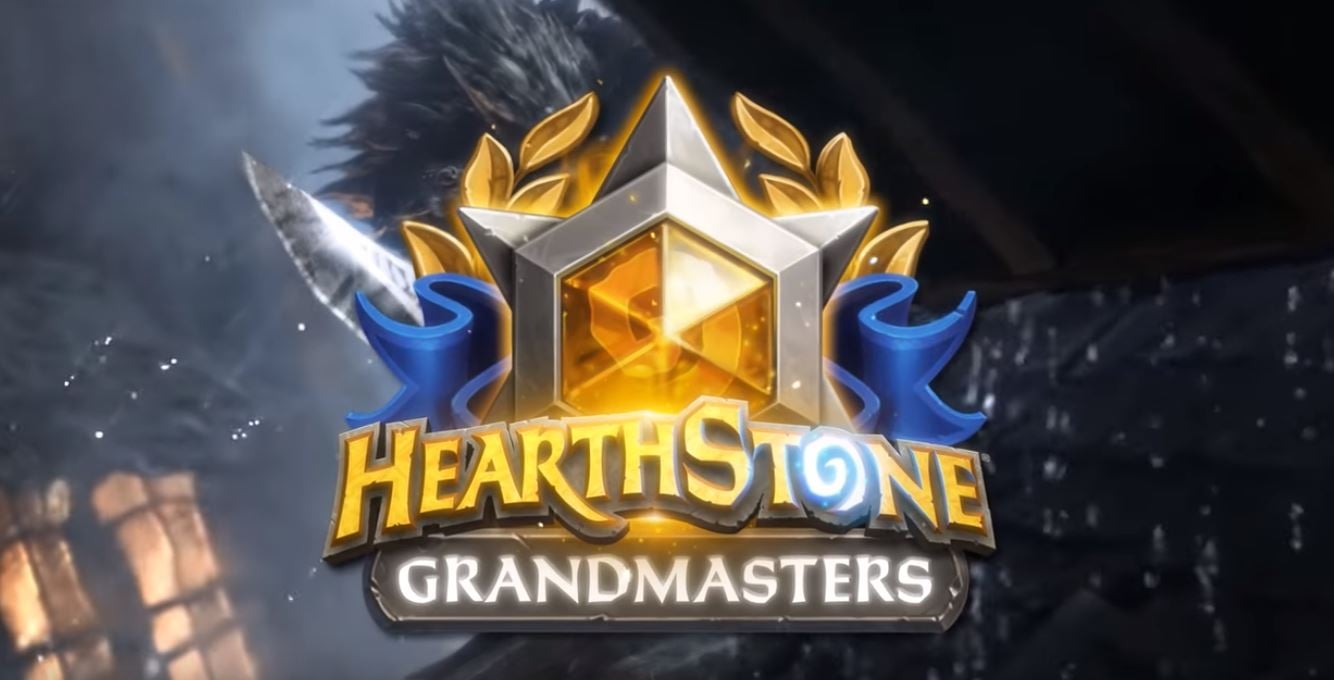
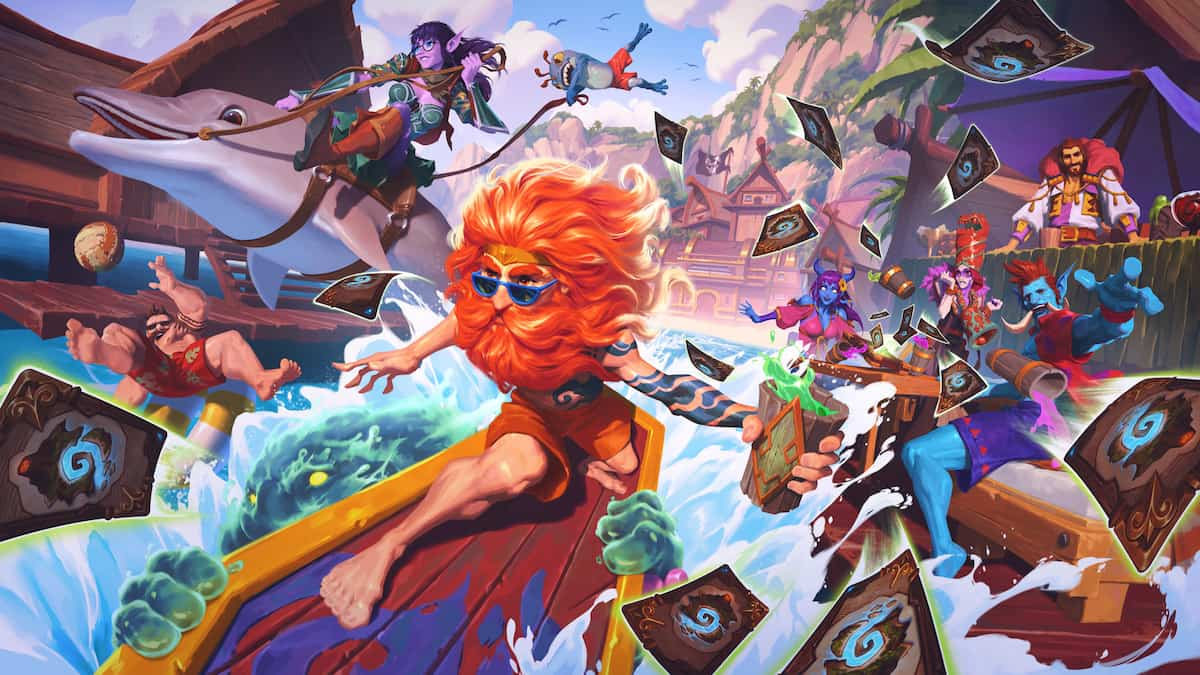
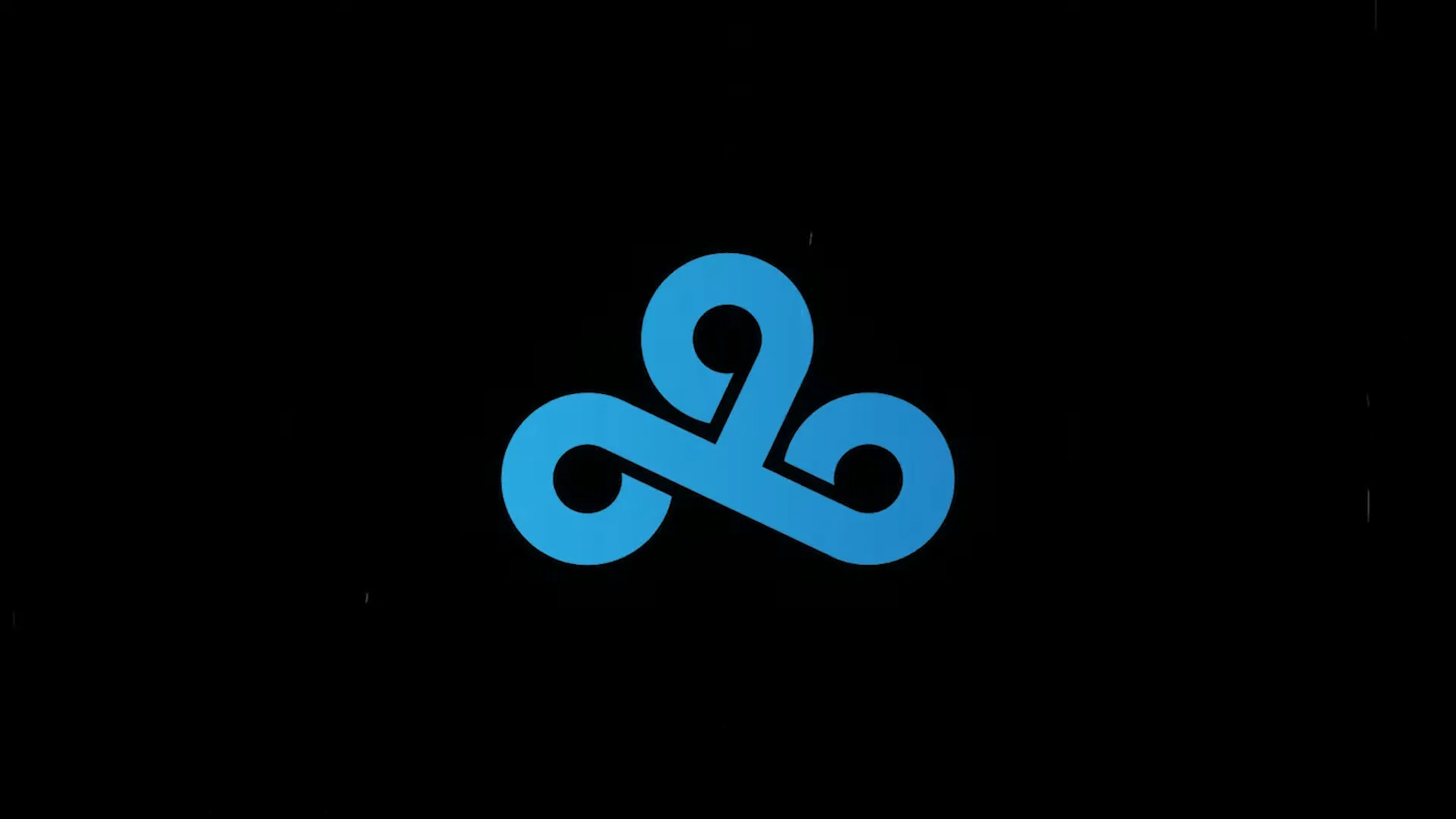

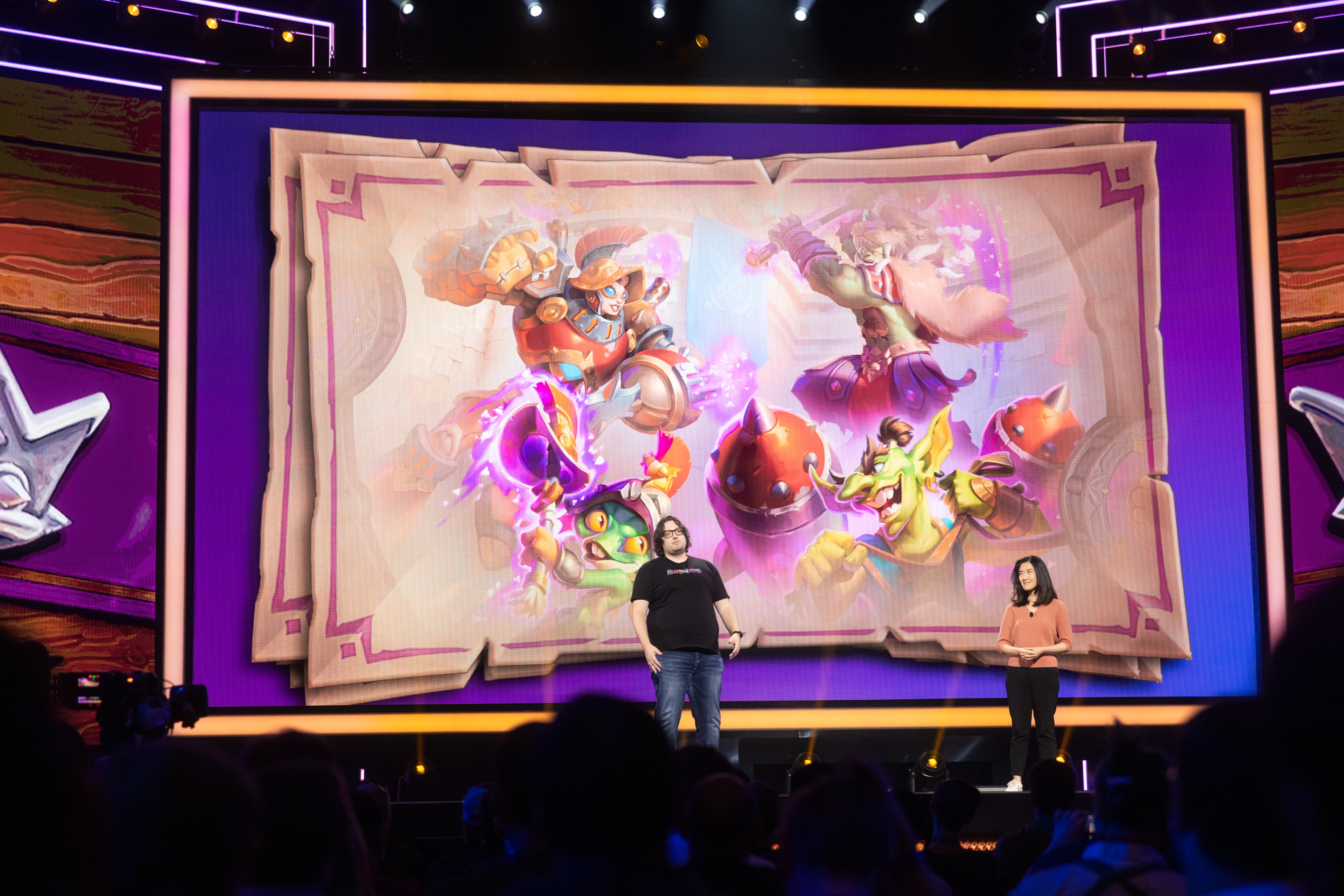
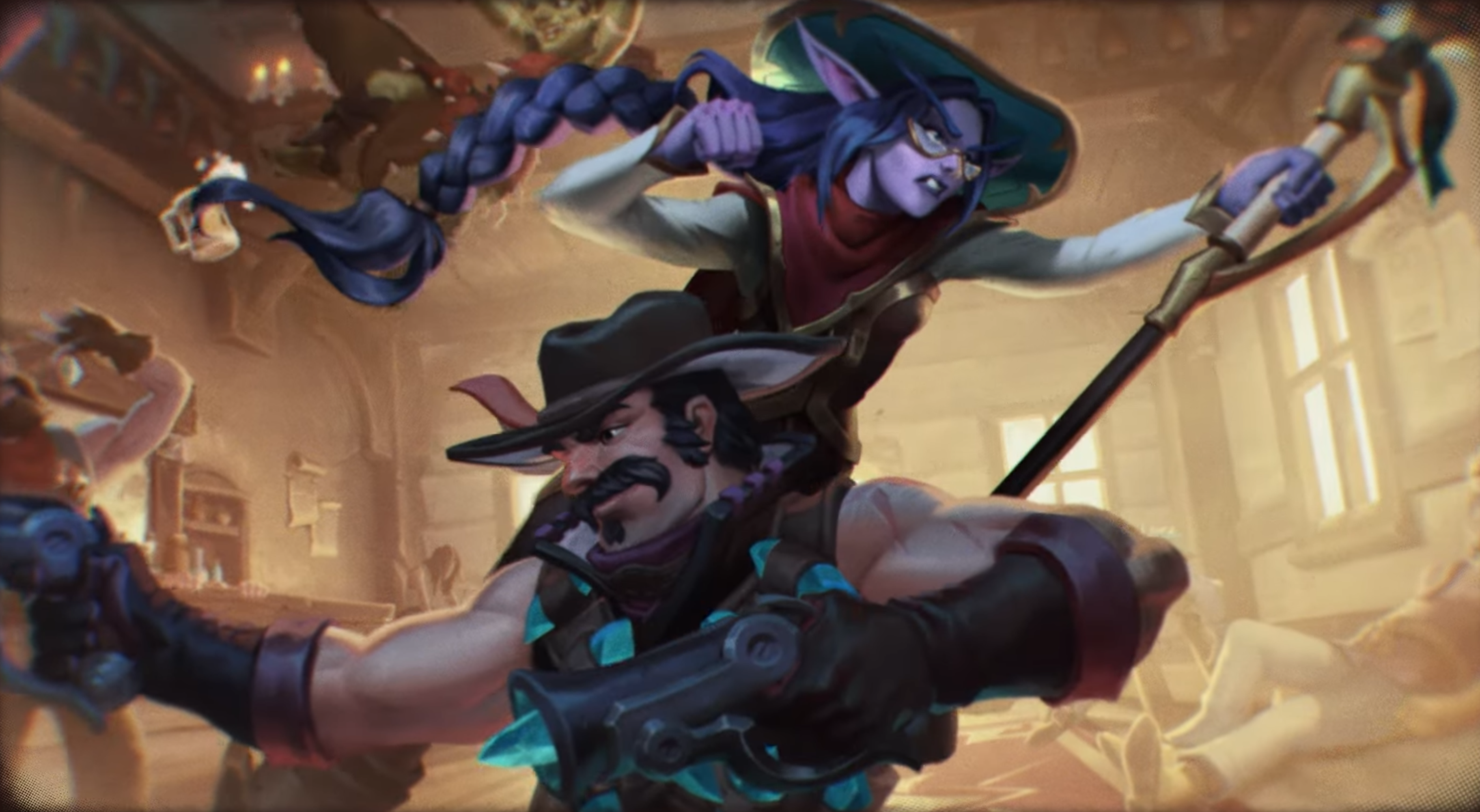
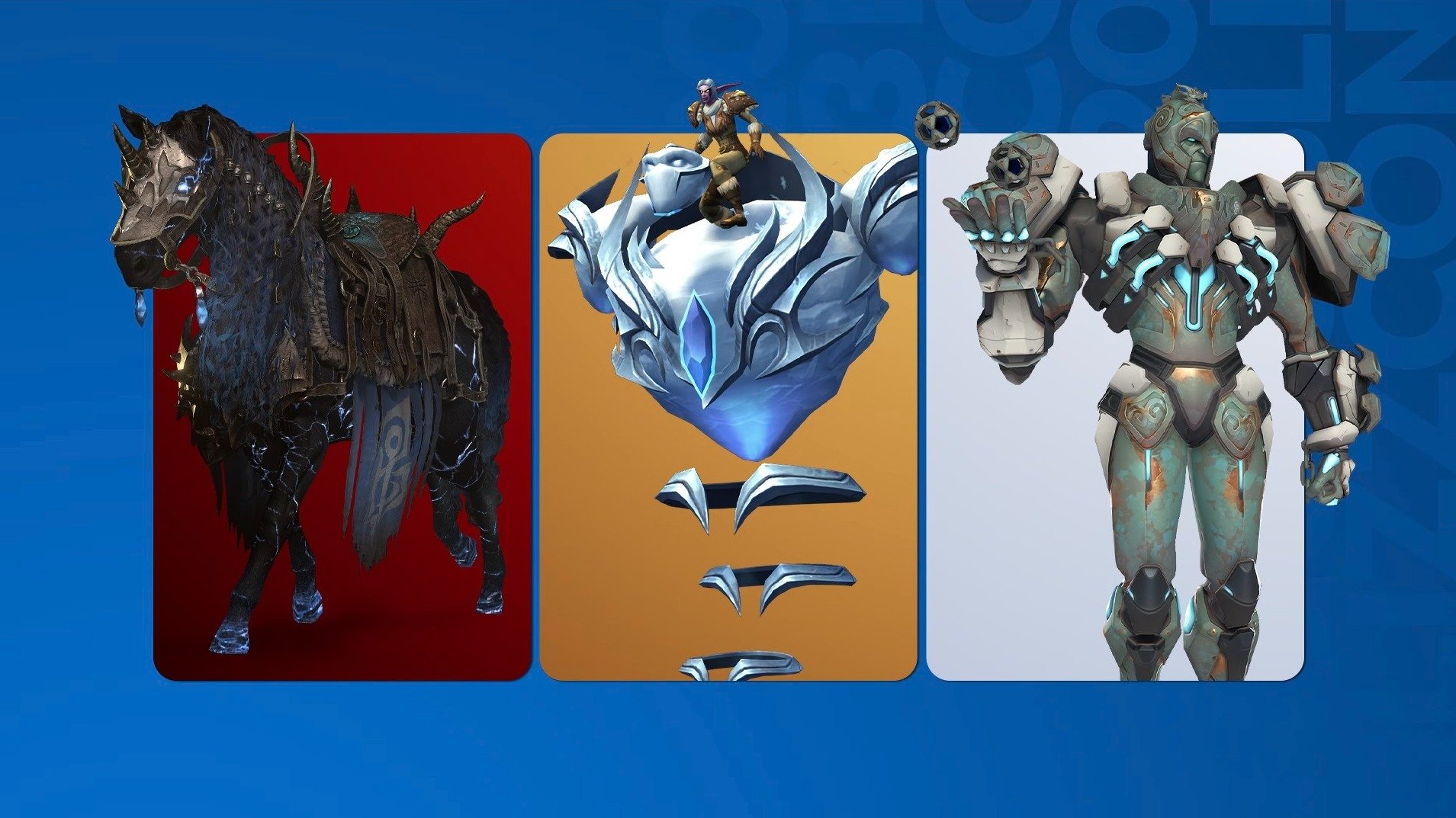
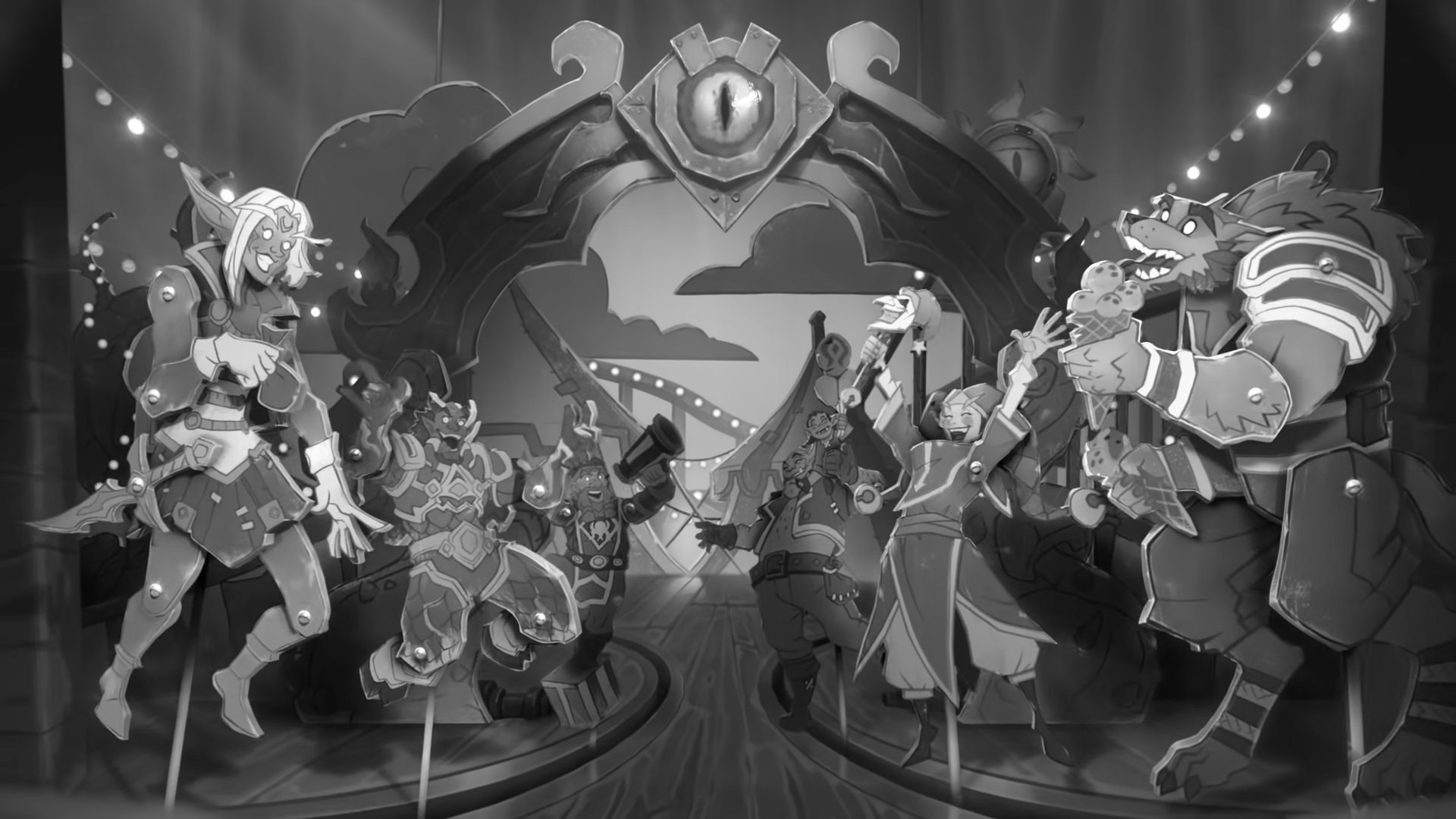
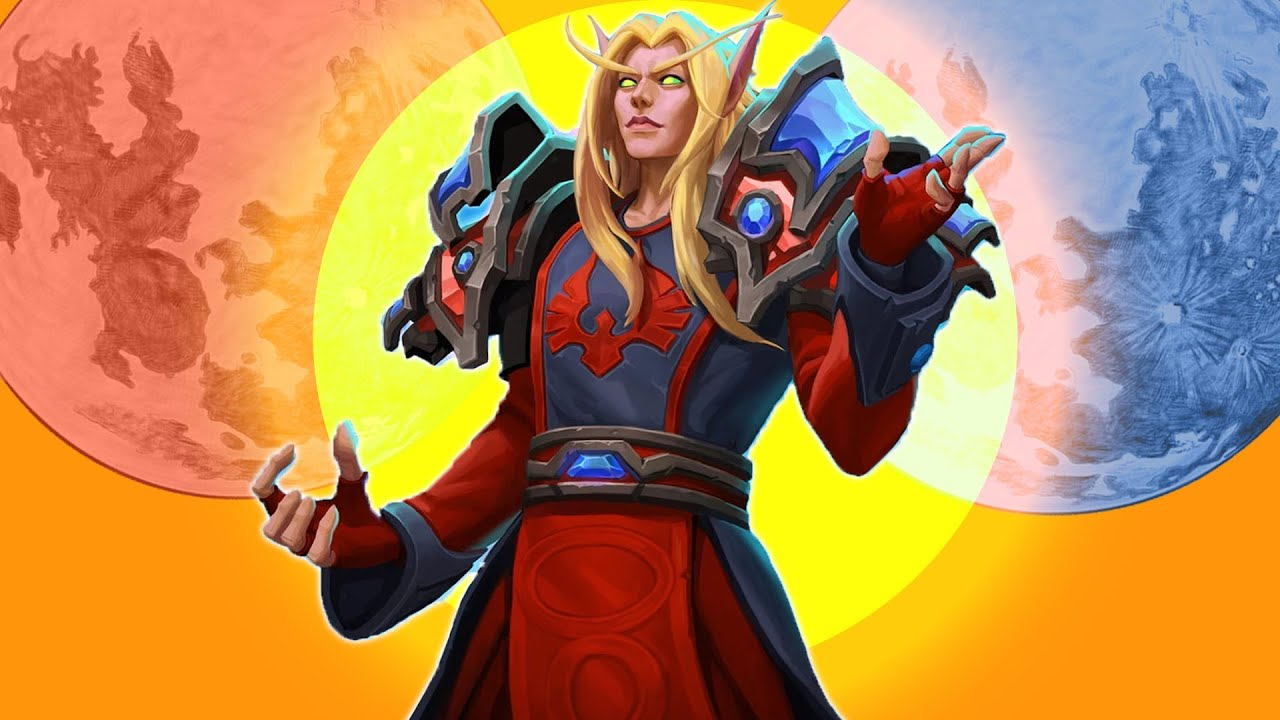
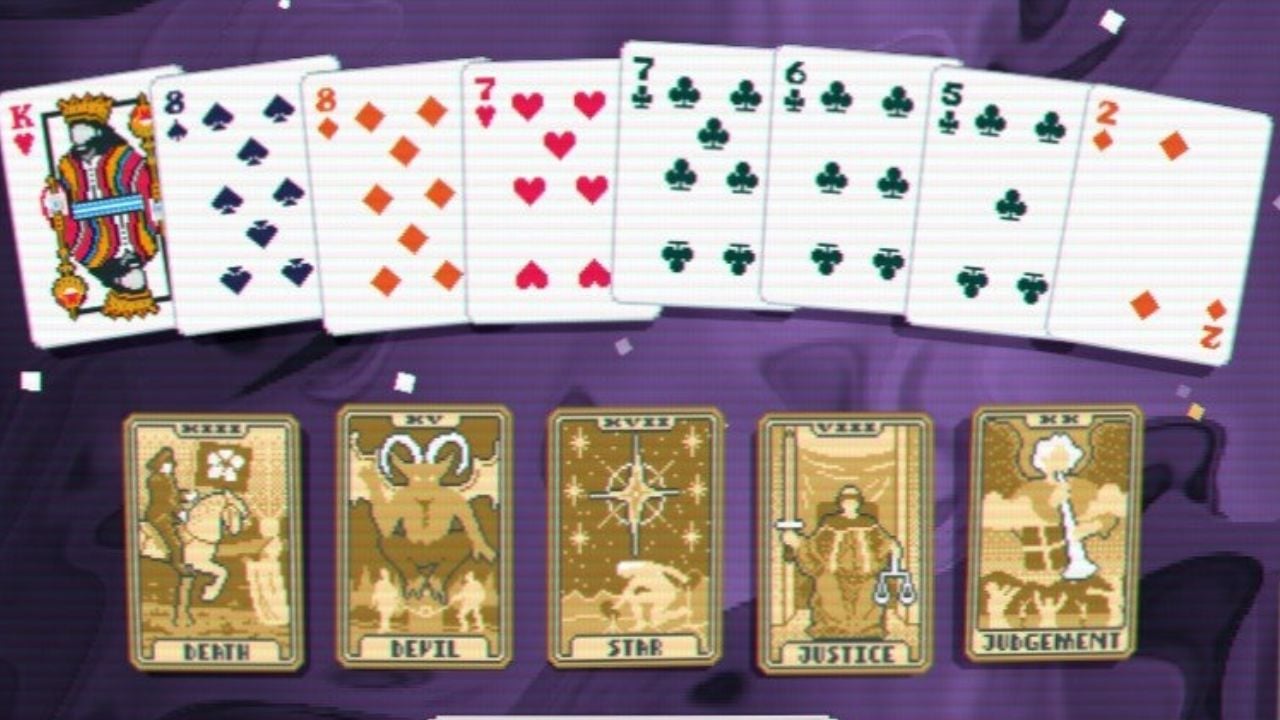
Published: Jul 7, 2019 01:00 pm